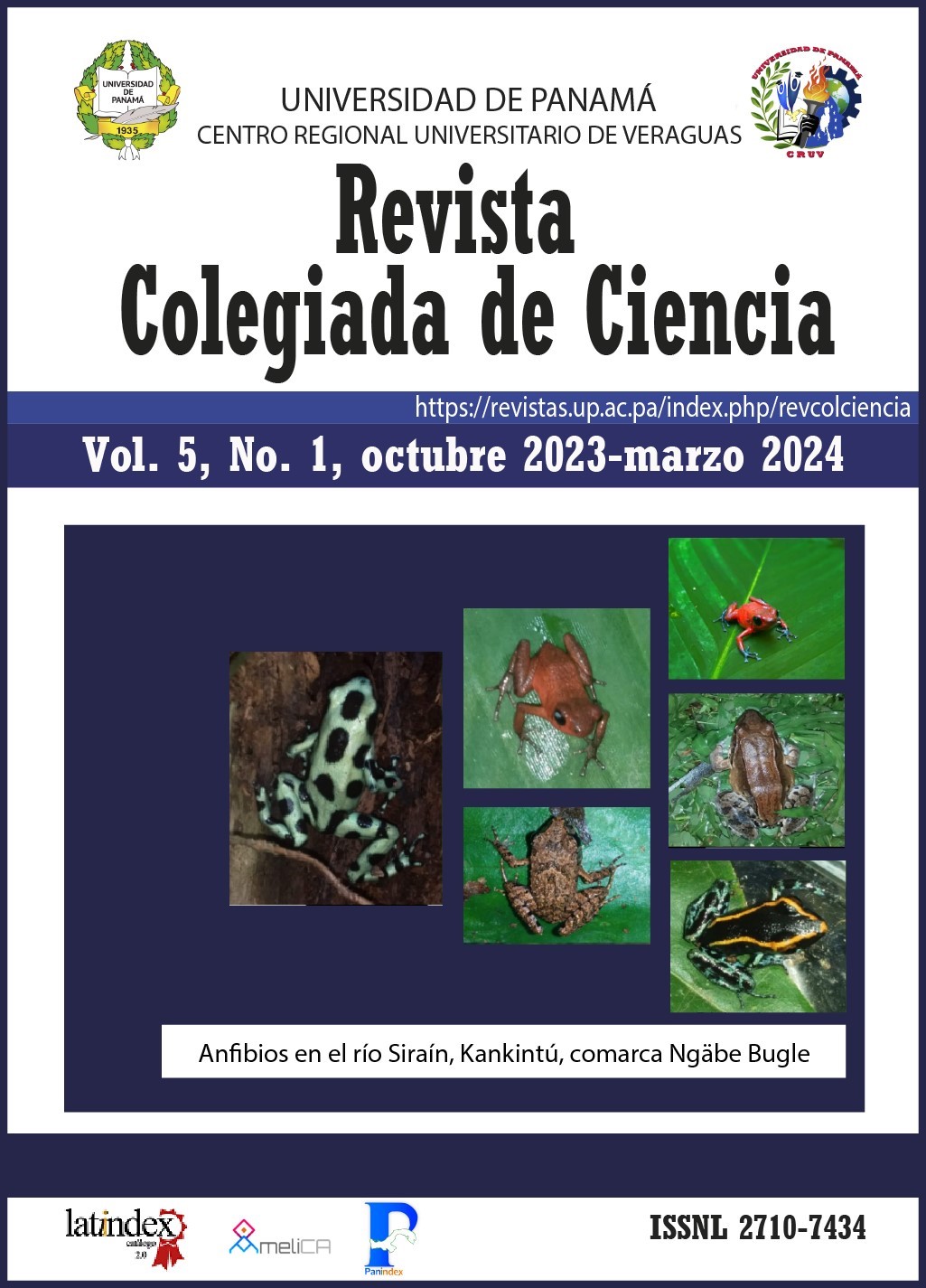

The theme focuses on the analysis of the judicialization of the custodial sentence as the last stage in the criminal process, established from a new creation, which was the Accusatory Penal System in the country. It is related to the link that is recognized between a justice process, which makes decisions and dictates sentences supported by stages of investigation and verification, and the execution of what has been judged that supervenes the entire process, which cannot be evaded from the responsibility of completing the criminal process, until the end of the term that the same sentence has dictated. This approach to the criminal process has been considerably modified in this last stage, since this responsibility for completing the criminal process is left in the hands of the administration of the penitentiary system and, now, belongs to the judicial system itself, with the presence of the Compliance Judge. This research focuses on a qualitative, descriptive, non-experimental methodology with a population of nineteen (19) participants made up of Prosecutors, private lawyers, public defense lawyers and judges, concluding that the implementation of the Accusatory Penal System in Panama represents a substantive change in the order and monitoring of judicial processes, shows the various phases that divide and order the sequence of investigations, with their evidence, oral trial, sentence and execution of the sentence, which came to streamline and reorganize an archaic system in based on judicial reforms and slow in the establishment of a trial for the verdict of the sentencing period.